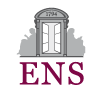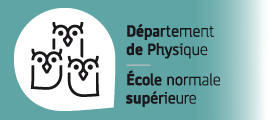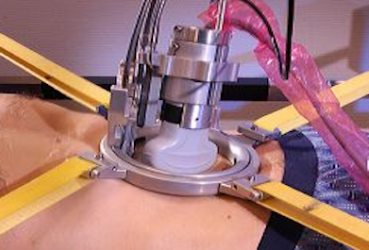Đàm Thanh Sơn (University of Chicago) — June 29 Abstract : Hydrodynamics, the theory describing collective behaviors of fluids and gases, is usually considered as a classical theory. In recent years, it has been found that hydrodynamics can be (...) | ↦ Lire la suite
 Les laboratoires de recherche
Les laboratoires de recherche



 Le département de physique
Le département de physique

 Fête de la Science 2018
Fête de la Science 2018 










